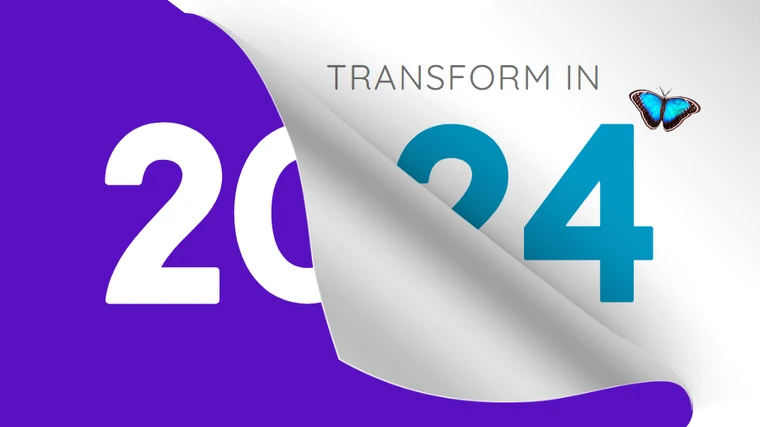Is your tax transformation all it should be or is there an 84% chance of failure?
Out there sits a vast digital transformation industry that is purposeful and influential. It extends from academia (such as CXO Transform), to thought leadership & skills (The Digital Transformation People), and to commercial enterprise & offerings (almost any significant consultancy you can name).
Despite its prevalence, a precise definition of transformation remains elusive. Lindsay Herbert, in her seminal book, Digital Transformation, suggests it is a one-time exercise that enables organizations to adapt to both current and emerging technologies. Invensis, a training company, links it closely to Agile methodologies, while the consultancies prefer to wrap it into enterprise technology and tools.
The scope of transformation is so broad that each must decide its own interpretation, and tax is no exception. For example, Lindsay Herbert does not mention data at all, yet data must clearly be front & center in any tax transformation. Commercially driven marketing often suggests technology is the key, but this is misleading.
Amongst transformation devotees, connoisseurs, and aficionados, there is a clear and consistent narrative around the role of technology. Dr. Corrie Block summarizes it best in a Forbes article, 12 Reasons Digital Transformations Fail, which simply says, “You’re paying attention to the wrong things. Digital transformation (is only) 20% technology“, the rest being leadership & soft skills.
Why ‘Transform in 24’ Matters
Tax is a latecomer to transformation but catching up fast. The notion of people, process, technology, & ‘data’ has taken hold, but the majority have yet to figure out how to shift the primary focus away from technology & IT. It is vital that tax heed the costly mistakes that have gone before.
So, transformation needs transforming in 2024. Why? Because according to the same Dr. Corrie Block article, the chance of success is only 16% – that is, tax transformation has an 84% chance of failure. That matters when the future value proposition for tax is in transformation, not technology.
Getting On The Right Track
Xyto has understood and reflected this stance since 2020 in the still unique Smart TaxTech & Transformation training program. In 2023, this was expanded and practical help added:
- Transformation was further incorporated into tax digitalization training programs at WU
- A new three step methodology for tax function transformation planning
- A knowledge base product to help fast-track tax professional upskilling on the job
- A pay-as-you-go advisory for those wishing to explore ideas, strategies & challenges, and …
- More real-world experience to share from extensive work with customers.
In their 2020 Intelligent Tax Function survey, EY reported that 75% of tax transformations do not meet their objectives.
So, beat the statistics and, if not already, subscribe to Transforming Your Tax Function for more in 24.
Happy New Year!


No comment yet, add your voice below!